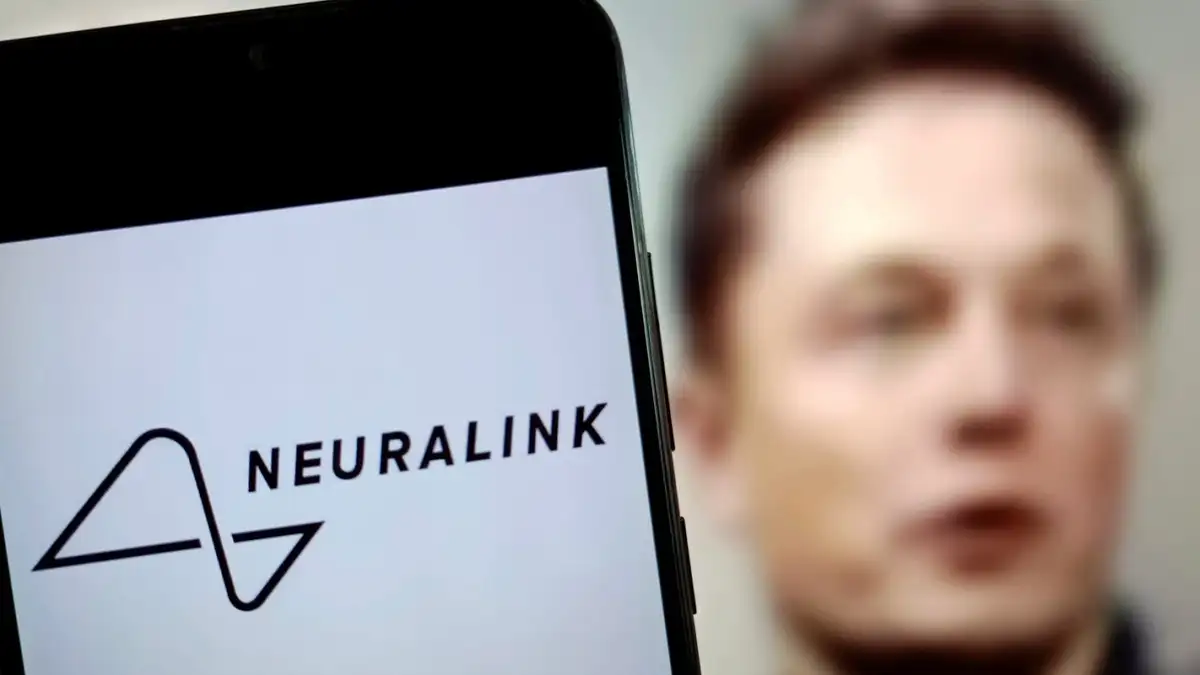Neuralink, Elon Musk’s brain-computer interface startup, faced a setback when part of its brain implant malfunctioned after being implanted in a human patient for the first time.
The company’s brain-computer interface, called the Link, was designed to assist patients with paralysis in controlling external technology using their thoughts. Featuring 1,024 electrodes across 64 “threads,” thinner than a human hair, the system records neural signals, as stated on Neuralink’s website.
In January, Neuralink performed the implantation in 29-year-old patient Noland Arbaugh as part of a safety study. A live video streamed in March showcased Arbaugh using the BCI, with Neuralink reporting in an April blog post that the surgery was successful.
However, in the weeks following the procedure, several threads retracted from Arbaugh’s brain, reducing the effective electrodes and hindering the company’s ability to assess the Link’s performance. Neuralink didn’t specify the number of threads that retracted. While the company contemplated removing the implant, it posed no direct risk to Arbaugh’s safety, according to The Wall Street Journal, which first reported the issue.
Neuralink responded by adjusting the recording algorithm, improving the user interface, and refining techniques to translate signals into cursor movements. Arbaugh continues to use the BCI for up to 10 hours a day on weekends and around eight hours on weekdays, despite the setbacks. He described the experience as a “luxury overload” and emphasized how it helped him “reconnect with the world.”
While Neuralink faces challenges, it’s not alone in the field of brain-computer interface development, which has been explored in academic settings for years. The company still has to undergo extensive safety and efficacy testing before seeking approval from the U.S. Food and Drug Administration to commercialize its technology.















































